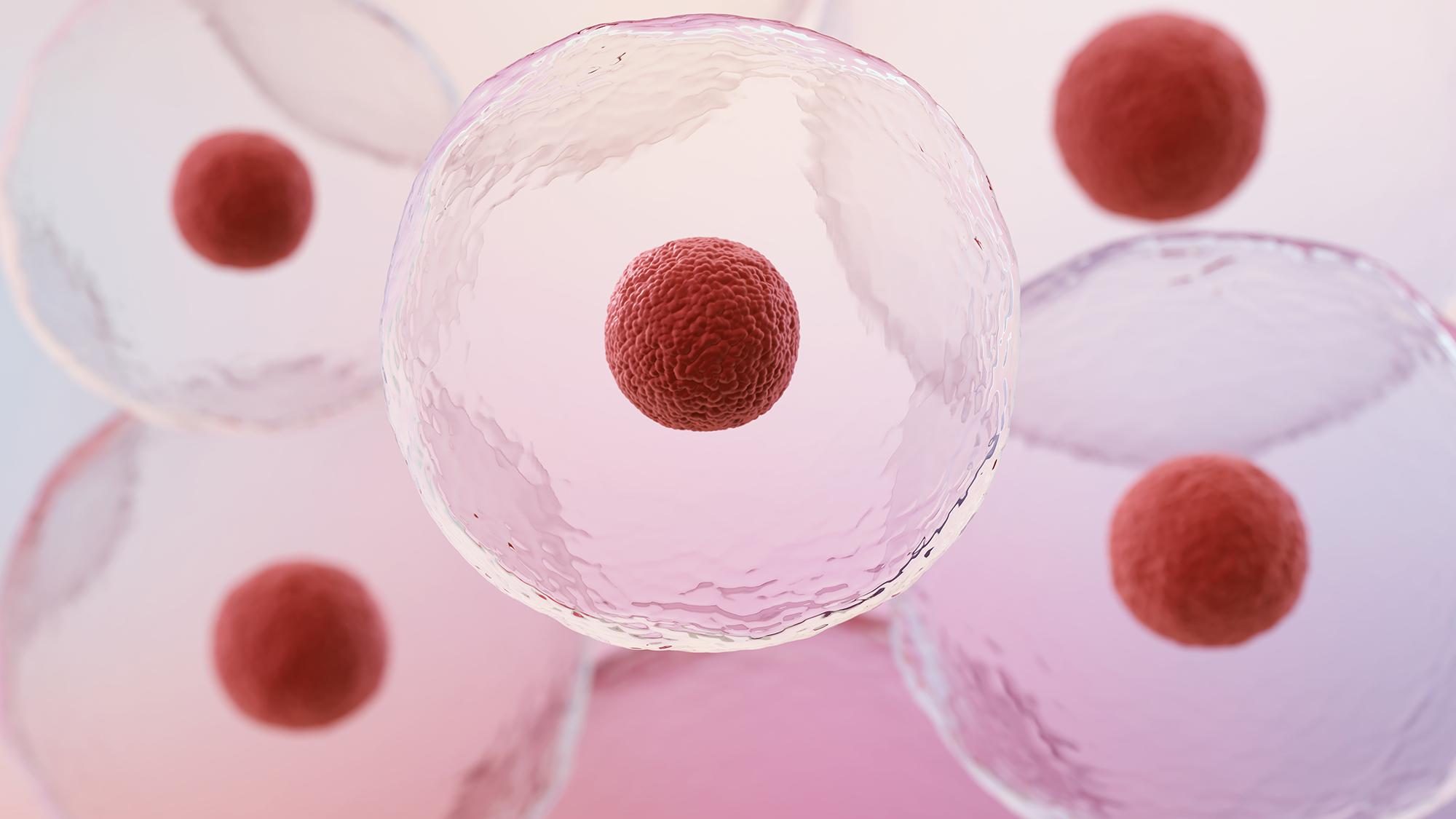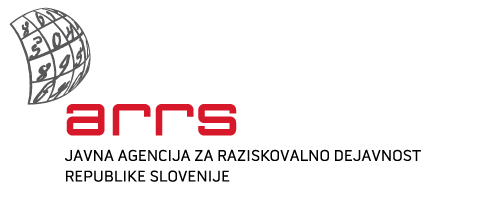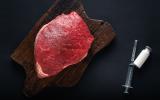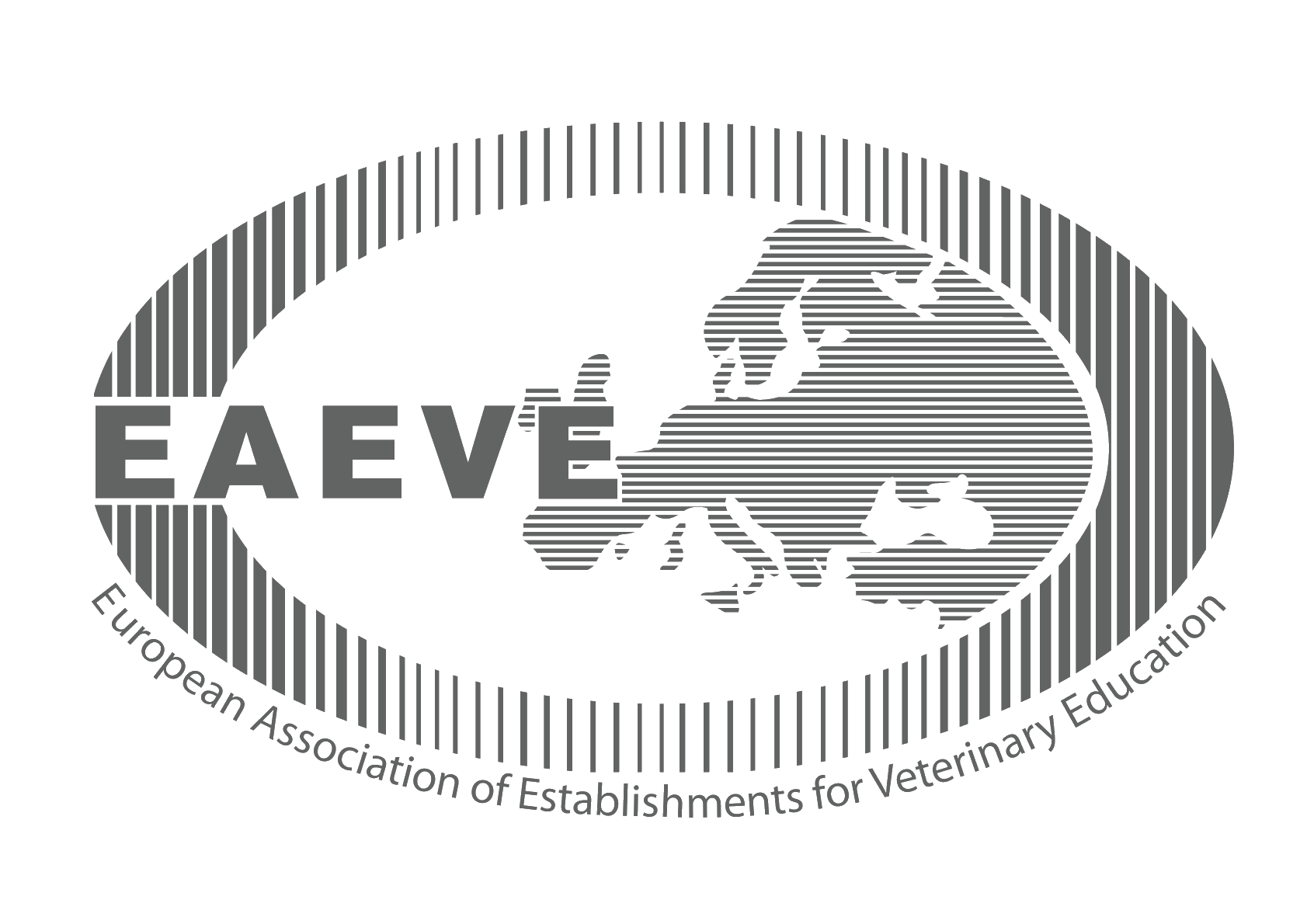Z4-4559

Use of silk fibroin for encapsulation and differentiation of stem cells as a starting point for the development of advanced cartilage treatment

General Data
Member of UL |
Veterinary faculty |
|
Name of the leading partner |
University of Ljubljana, Veterinary faculty | |
Status |
leading partner | |
Project code/ Project No |
Z4-4559 | |
Project Title |
Use of silk fibroin for encapsulation and differentiation of stem cells as a starting point for the development of advanced cartilage treatment | |
Financier |
ARRS | |
Project period |
1.10.2022 – 30.09.2024 | |
Yearly sum of FTE |
1 FTE | |
Leader |
Metka Voga | |
Scientific field |
Biotechnology | |
Partners |
|
Project Phases
DS 1 |
Fabrication of a hydrogel from the sf solution | |
DS 2 |
Encapsulation of cells into a hydrogel and the effect of a hydrogel and atmospheric conditions on the viability and chondrogenic differentiation of cells | |
DS 3 |
Optimization of freezing and thawing and injectability of the cell-hydrogel construct |
Project description
In the field of regenerative medicine and tissue engineering, intensive research is being conducted on the regeneration of cartilage that is unable to regenerate itself when injured. The development of cartilage therapy is focused on the use of mesenchymal stem cells/medical signaling cells (MSCs) to improve existing or develop new cell therapies. An important area of research related to cartilage regeneration is the search for ways a) to exploit the differentiation potential of MSC for use in surgical approaches to cartilage treatment, b) to develop systems that would allow cells to be immobilised at the target site without surgical intervention, by a minimally invasive injection method and c) to develop pre-prepared, readily available ("off-the-shelf") cell products for treatment, as the therapeutic use of MSC is associated with a time-consuming cell preparation process and a short lifespan. Readily available, prepared products would greatly facilitate clinical decision-making at the point-of-care, thereby facilitating access to MSC for treatment and making them available to a broad spectrum of patients. The project proposal addresses all three of the above research areas for cartilage regeneration. This project involves the use of a silk fibroin biomaterial as a cell carrier in the form of an injectable hydrogel for the encapsulation and cartilage differentiation of MSCs from canine adipose tissue. We will produce a hydrogel of silk fibroin by an innovative process that we expect will contribute to chondrogenic differentiation of MSCs. Adipose tissue-derived MSCs from dogs will be used to encapsulate the cells in a hydrogel. The encapsulated cells will be grown in a cell growth and differentiation medium under normal and hypoxic conditions, and the viability and expression of chondrogenic and hypertrophic genes of the encapsulated cells will be tested. We will also optimise the freezing and thawing of the cell-hydrogel construct, which has not been described before and will contribute significantly to the production of a pre-prepared, readily available product for potential therapeutic use. The results of the project, together with the developing therapeutic use of donor MSCs, may bring the routine therapeutic use of MSCs closer to reality. The development of hydrogels with the ability to encapsulate other cells or therapeutic agents such as growth factors or extracellular vesicles would also enable their use for the potential treatment of many other diseases. At the same time, the project will also be relevant for human medicine, as research into new veterinary treatments is an important basis for translational studies in human medicine, as they provide important data on the efficacy and safety of the use of cell products.
Structure of the project group
Location
Gerbičeva 60
SI-1000 Ljubljana
Slovenija
Sample Reception
Samples are received at several locations throughout Slovenia. See where.
The veterinarian on duty
Emergency veterinary assistance for dogs and cats and a telephone number of constant readiness.
Library
A wide selection of domestic and foreign professional literature in the field of veterinary medicine and other sciences.
Main navigation
-
Education
- Informativni dan
- Why to become a veterinarian?
- Undergraduate Studies
- Postgraduate studies
- Pripravništvo
- Summer Schools
- Continuous education
- Professional Development
- International Activity
- Mednarodna dejavnost - Tuji študentje
- The Path to Creative Knowledge
- Tutoring
- Extracurricular Activities
- Career Centres
- Alumni
- Student organizations and societies
- Quality Assurance
- Clinics
- Diagnostics
- Dobrobit
- NVI
- Research
- About us
- Hub



